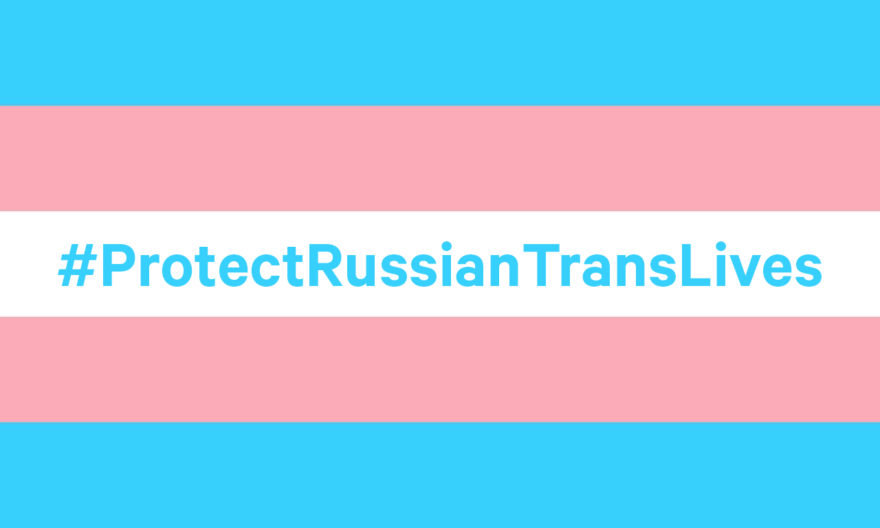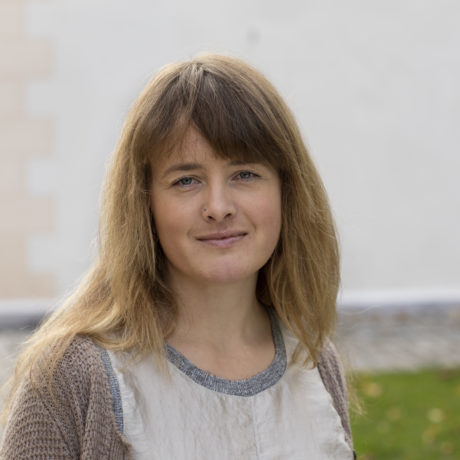
Protect Russian Trans Lives
Do you want to engage? Russian civil society has got several suggestions, so check out the social media accounts of T-Action, Coming Out St Petersburg and The Russian LGBT Network #ProtectRussianTransLives #законоразрушениисемьи #НетТрансфобнымЗаконам #ЯВместеСТранссообществом
“This most recent attack by Russian policy makers on the LGBTI community, strikes the part of the community that is already most at risk of human rights violations, trans and gender diverse people, particularly hard”, says Mina Skouen, Head of the Norwegian Helsinki Committee’s Equal Rights Section.
The proposal, which is now pending in the State Duma, will make it impossible to change the gender assigned at birth, by introducing a birth certificate where “sex at birth” is explicitly stated.
People who have changed their legal gender will have a birth certificate that does not match their current legal gender. As a birth certificate is required to get married and a marriage between to people of the same sex is not allowed in Russia, it will make it impossible to get married. In practice this would also impact parental rights, that are closely interlinked with marital status.
“The bill would, with the claim that it is protecting “traditional family values”, prevent trans and gender diverse people from the right to family life. The ideology that lies behind this proposal is that trans lives are not equally valuable as the lives of cis–persons’ lives. This takes Russia further on the path of institutionalizing homophobia and transphobia”, Skouen continues.
Violation of international human rights
The Norwegian Helsinki Committee has sent letters to Russian authorities asking that the bill should be dropped. Instead, measures should be undertaken to protect the LGBTI community. The process of obtaining legal gender recognition in Russia is already difficult, involving psychological and medical procedures that is not in line with international recommendations.
We ask Russian authorities to abandon this transphobic bill, and instead take necessary precautions to ensure that trans and gender diverse people gain access to their fundamental human rights
Mina Skouen
As of 2019, the World Health Organization depathologized trans and gender diverse identities. Legislative changes concerning these groups should be aimed at creating laws and policies to depart from the wrongful notion that being trans and gender diverse is an illness, and yet we see that several countries are doing the opposite of this.
“We ask Russian authorities to abandon this transphobic bill, and instead take necessary precautions to ensure that trans and gender diverse people gain access to their fundamental human rights”, says Skouen.
“Trans and gender diverse people are among the groups most at risk of human rights violations today, and it is the responsibility of each and every state to prevent this. We therefore also encourage Norwegian authorities to raise concerns about the bill with their Russian counterparts”.
Draconic changes to the constitution
The backdrop of the draft law is the draconic change to the constitution from 1 July 2020, where it was explicitly stated marriage is defined as a union between a man and a woman. Three bills were then submitted to the State Duma of Russia 14 July, allegedly with the aim to “reconcile” existing family legislation with the constitution.
There are a number of suggestions included in the draft bills that would restrict LGBTI persons’ possibility to marry and to be recognized as parents. While most of these suggestions reinforces the status quo of Russian law, such as the lack of provisions regulating same sex unions, the position on the birth certificates is new territory.
The European Court of Human Rights, to which Russia is a party, has also consistently and clearly asserted that legal gender recognition falls within the right to private and family life in the European legal framework. The right of transgender persons to marry by their acquired gender has also been affirmed by the European Court of Human Rights.
Do you want engage?
Russian civil society has got several suggestions, so check out the social media accounts of T-Action, Coming Out St Petersburg and The Russian LGBT Network
#ProtectRussianTransLives #законоразрушениисемьи #НетТрансфобнымЗаконам #ЯВместеСТранссообществом

